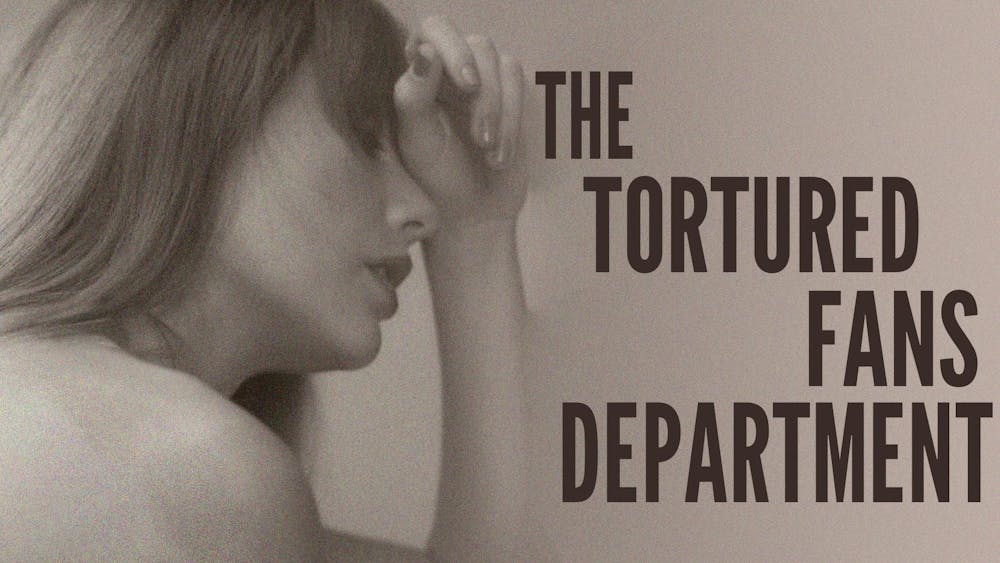Notre Dame alumna and filmmaker Mary Fishman has lifted the veil on American nuns in her new documentary "Band of Sisters."
The film follows a wide variety of religious women throughout the country, but is largely centered in the Midwest.

The movie presents the women as they navigate the changing culture of American Catholicism.
One of the opening scenes focuses on Sr. Max, a middle-aged nun who hosts her own podcast called "Ask Sister" - a show about her life in a religious community and how she discerned her calling.
The movie shows Sr. Max responding to viewers who described being excited by what they felt was their calling in life, but also scared about what it might mean for their future.
Sr. Max's podcast was a very plain example of how religious life is adapting to a changing world. Other sisters also recalled the day they joined the convent as the film progressed.
One nun in particular remembered her parents writing her letters, which she discovered in her room when they left her that night. She elected not to read them because she feared she would be too tempted to leave the convent altogether. She waited 25 years before reading the letters.
Sisters in the mid-20th century, like many of the sisters at the dawn of American democracy, often joined the convent because it was one of the only ways women saw the possibility of serving the less fortunate in the world.

Sisters today still maintain that commitment, but Fishman's documentary highlights how they often have been criticized for their outspoken commitment to their faith.
Pat Murphy and Joann Persch are sisters based in Chicago who spend much of their time dedicated to the service of illegal immigrants who come through the area.
On the first Friday of each month they gather outside a prison in Broadview, Ill. where immigrants are being deported. They pray the rosary for the benefit of those being evicted from the country.
Other sisters were shown working in affordable housing projects in the Chicago area that allow residents the stability necessary to succeed in other facets of their lives.
Sr. Carol Coston was the first director of Network, a group of lay and religious lobbyists who work on behalf of Catholic causes in Washington, D.C. She received the Presidential Medal of Honor for her work.
As head of the Leadership of Catholic Women Religious, Sr. Theresa Kane spoke in front of the Pope when he visited D.C. in 1979 and advocated for the full ordination of women within the church, a bold move for any woman within the church to make.
Sr. Kathleen Desautels has been arrested at least six times, by her own count, for her outspoken objection to the continued training of Latin American soldiers by American soldiers at the School of the Americas. The accounts of her time at the School of the Americas is a touching testament to her commitment to fighting human rights violations.
There were even other accounts from sisters who spend their lives working the land, in commitment to environmental justice.
All of these varied commitments from Sisters in America stemmed from the doctrine brought forth from the Second Vatican Council. When the Pope discerned that the Catholic community was called to reexamine the Church, Rome told the Catholic Sisters to change and many of them took [the injunction] very seriously. Wherever they saw a need in American society, they addressed it.
But at the end of the film we see the results this effort hath wrought for the sisters. Congregations in America (as well as the Leadership Conference of Women Religious) in general have been under investigation for years because of their perceived liberal virtues.
The film served as a charming survey of American sisters and the varied work they do to serve the whole of American citizens.
Contact Courtney Cox at ccox3@nd.edu












